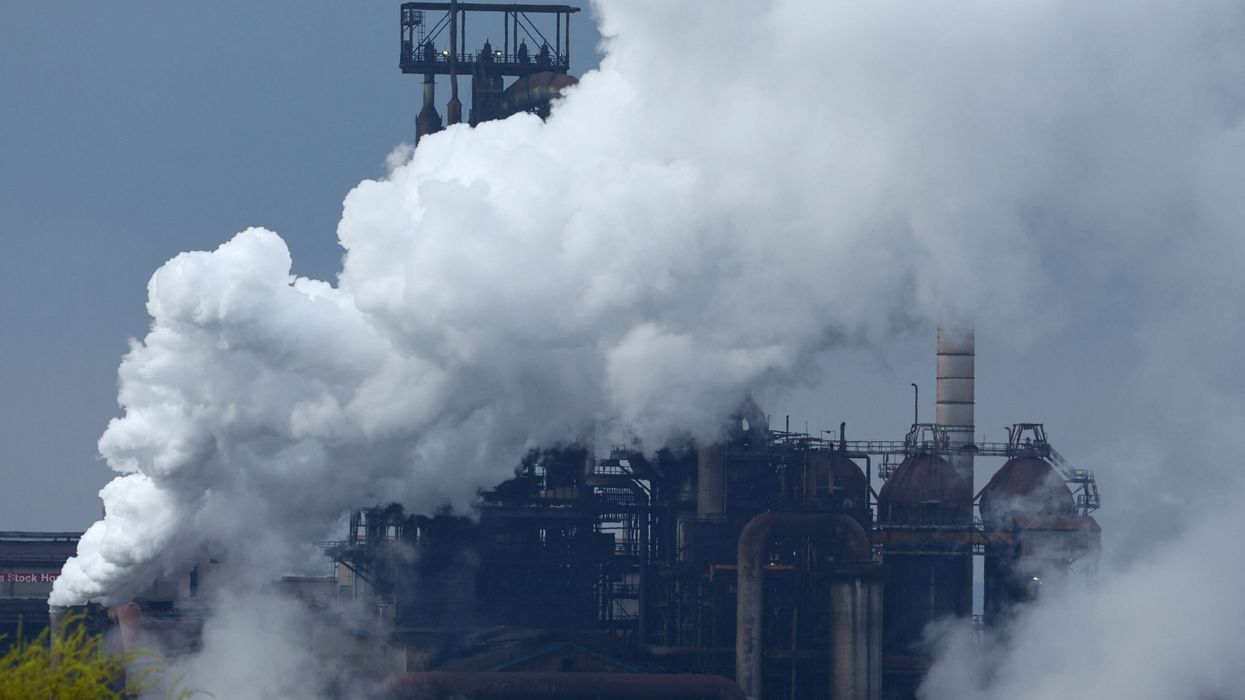TATA Steel workers in Britain have suspended a planned all-out strike and overtime ban after the company agreed to negotiations about future investment, the Unite trade union said on Monday.
Around 1,500 Tata Steel workers at Tata's Port Talbot and Llanwern sites were due to begin an indefinite strike from July 8 over the company's plans to close two blast furnaces and cut up to 2,800 jobs in Wales.
They had already begun an overtime ban on June 17.
"This is a significant development in the battle to protect jobs and the long-term future of steel making in South Wales," Unite general secretary Sharon Graham said.
"It is essential that these talks progress swiftly and in good faith with the focus on fresh investment and ensuring the long-term continuation of steel making in South Wales."
Earler, the Labour party, which is expected to win the general election on July 4, had urged Tata to avoid action before the vote outcome.
Tata had said in January that it was planning to shut the coke ovens and two high-emission blast furnaces in Port Talbot.
The overhaul comes with the European steel industry facing upheaval as it tries to finance less carbon-intensive production.
Tata is seeking to invest £1.25 billion into electric arc furnace technology to try to cut long-term carbon emissions.
The Rishi Sunak government had extended a grant of £500 million to support the transition to sustainable technologies. (Agencies)




